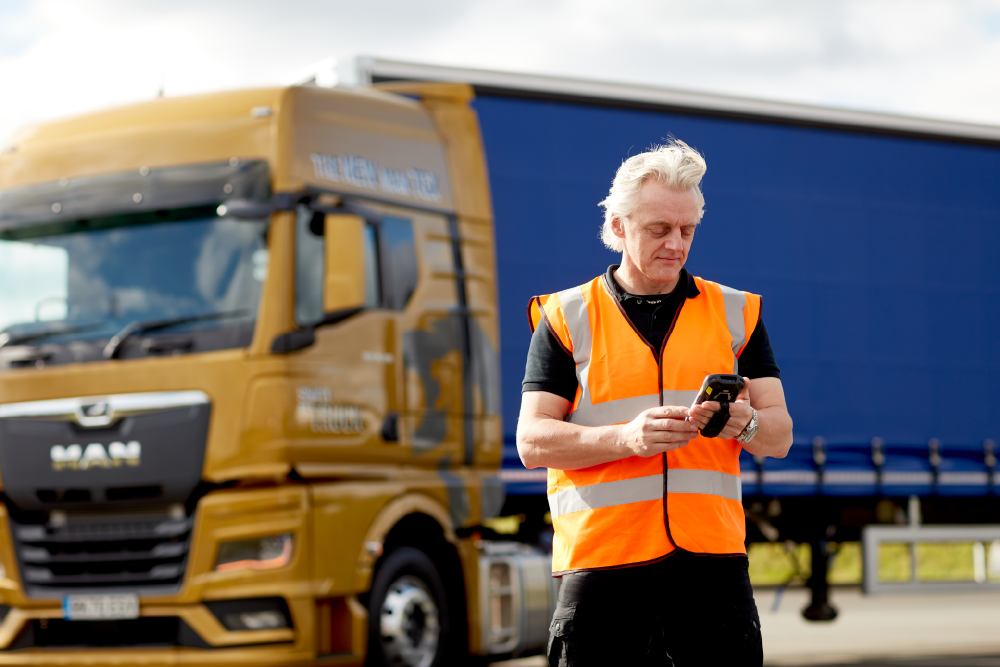For International Day for the Preservation of the Ozone Layer (16 September), industry research conducted by Nottingham technology solutions provider Microlise has revealed that 34% of transport managers do not know how to achieve net zero requirements for their fleets by 2050.
Only 38.5% of respondents to the survey admitted that they knew how to reach the emissions targets, which is part of the government’s Build Back Greener initiative. The remaining respondents said they had an idea but did not know for certain how to reach the target.
Reassuringly, all respondents said that sustainability and environmental impact was considered by their company, although it was clear from the research that some organisations are further along with plans than others.
Tracking emissions is the first port of call for transport managers looking to address the environmental impact of their fleets. Using technology to examine long-term trends, along with vehicle utilisation and route plan optimisation tools, offers indications of ways in which emissions can be drastically reduced.
As well as focusing on the fleet manager’s responsibility for environmental compliance, Microlise’s industry report, which details the research findings, also takes a wider view of the transport or logistics manager’s role in 2025.
The research also revealed that manually processing proof of delivery (POD) documents is costing companies around the country an average of around £51,000 per year and 1.7 hours a day of employee time.
Respondents were also asked about the tools that they use to ensure customers receive their deliveries on time and whether these tools were all in one system or spread across multiple platforms.
Microlise CEO, Nadeem Raza, said: “Awareness days such as International Day for the Preservation of the Ozone Layer, combined with the government’s commitment to achieving net zero by 2050, make it clear that reducing emissions is no longer something that is ‘nice to have’. It is now an essential process.
“While the government’s deadline is drawing closer, it is not too late to start the journey to net zero. It is easier than ever to begin analysing your fleet and start seeing where adjustments can be made which can simplify the process for transport managers.”



